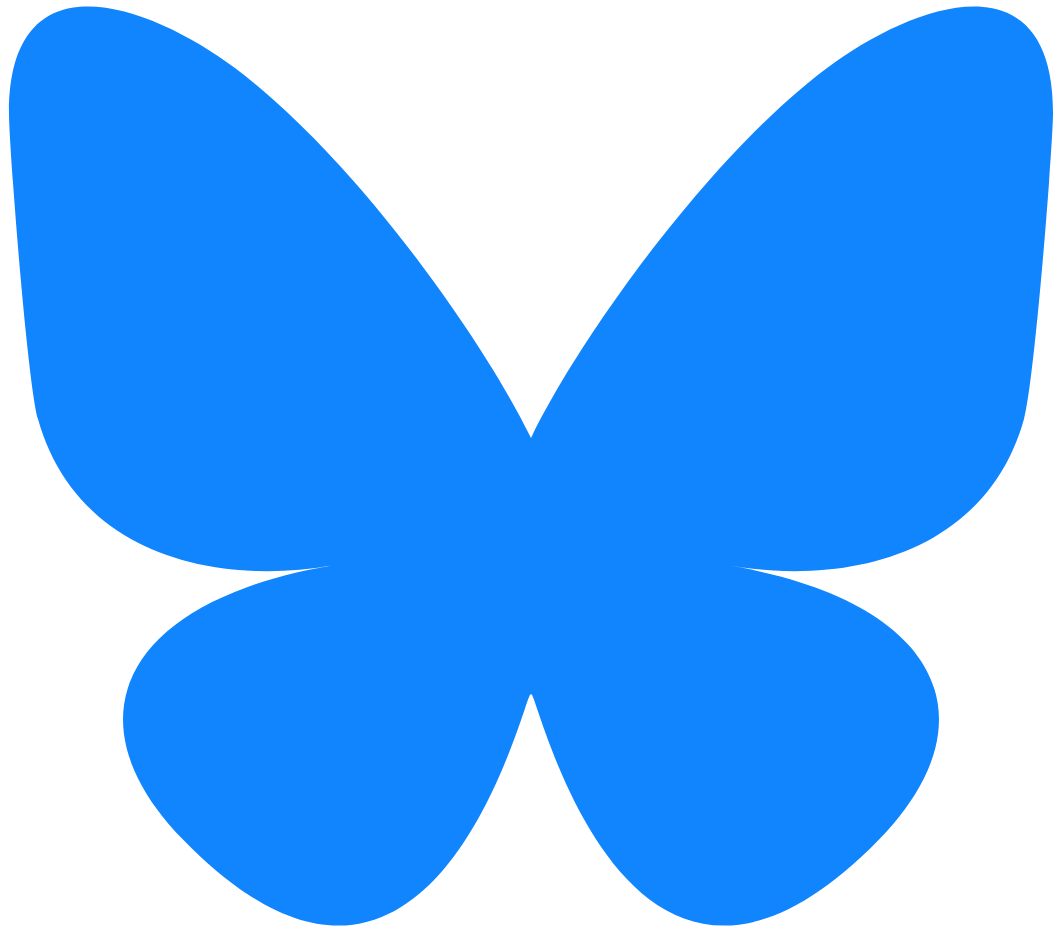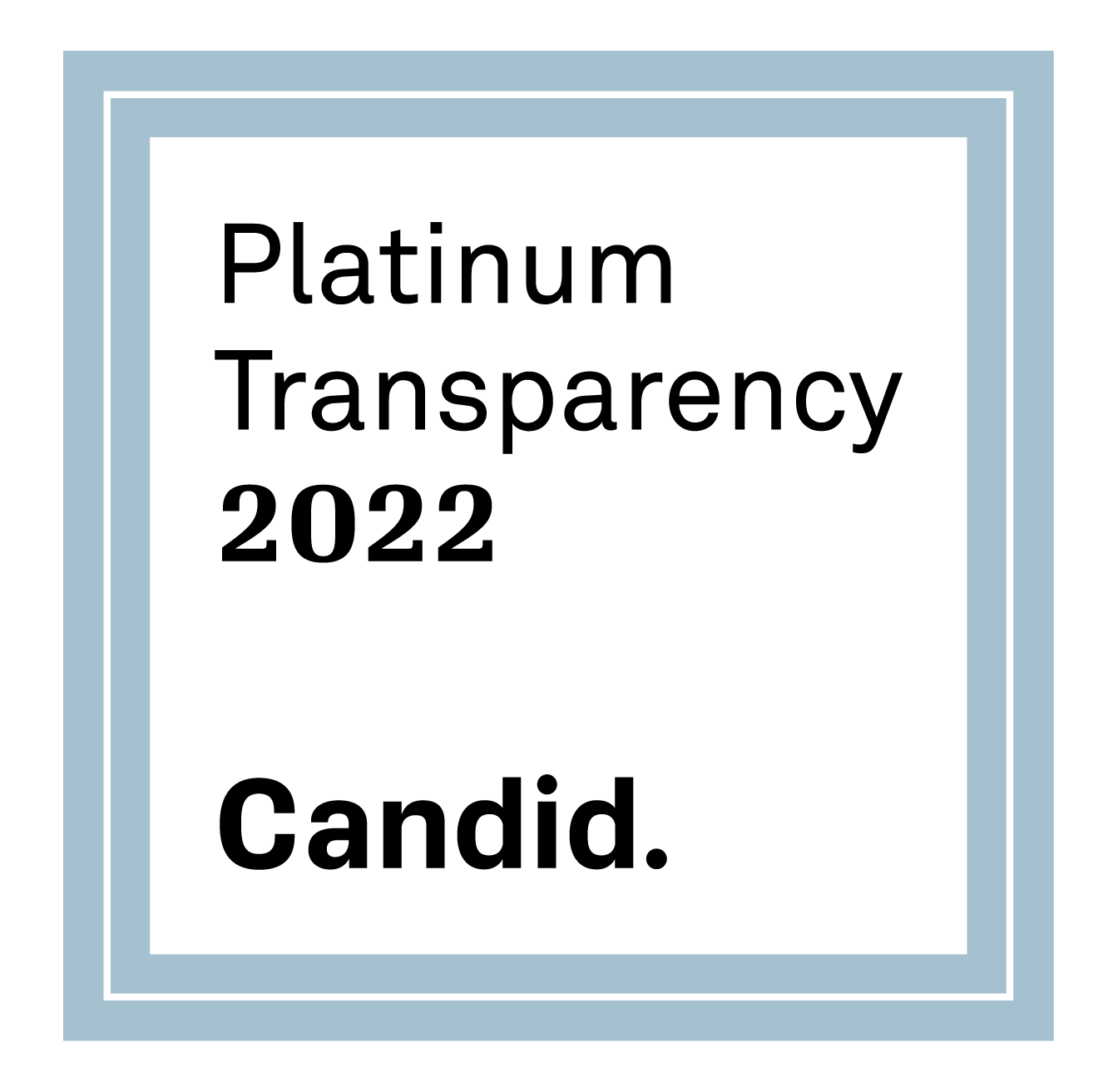PART 5: WHAT THIS MEANS FOR THOSE FACING A CANCER DIAGNOSIS OR ANOTHER CHRONIC DISEASE
Organizations funded by donations play an important role in sustaining individuals and families in their communities. Yet for diseases like cancer, most of the funding goes to research and treatment, which is important, but not at the expense of the supportive services that are critical for patients and families each and every day.
A community level approach is essential. Disease and illness impact people differently depending on who they are and where they live. Let’s look at what is happening in oncology. In our midst, a humanitarian crisis is unfolding that never makes the news. African Americans experience the highest death rate and shortest survival of any racial and ethnic group in the United States for most cancers. The barriers to accessing care that this community faces are real, layered, and complex. Some of it stems from systemic health disparities and a multi-generational suspicion of the healthcare system—which is rooted in experiences like the Tuskegee Syphilis Trials—and reinforced through generations. The burden of cancer on this community, and on all underserved communities, is unconscionable. If you are reading this and think that it has nothing to do with you, then read on.
Cancer costs are rising more rapidly than costs in other medical sectors. Patients and families continue to bear that burden, leading to financial toxicity. In addition, approximately 50% of all people with cancer experience significant enough distress to impact their quality of life and participation in treatment, leading to poorer health outcomes and increased costs to the healthcare system. For the underserved, this distress is exacerbated by traditional health disparities, leaving a disproportionate burden on minorities and the poor. Health disparities lead to individuals being unable to connect to timely preventive care, screenings and treatment; not seeking treatment for treatable cancers (assuming that there is access); or not adhering to treatment plans once a cancer is diagnosed.
According to the American Cancer Society, about 42% of cancer cases and 45% of cancer deaths in the United States are linked to modifiable risk factors, and thus could be preventable. Less stress, better nutrition, and exercise are essential for everyone. But not everyone has equal access to the tools, resources, and support necessary to make those modifications. Community-based resources are essential. At Cancer Support Community Central New Jersey, we provide professionally-led emotional and social support; evidenced based information; and tools to develop behavior change, all at no charge to anyone impacted by the disease who needs the services. We are funded solely by donations from individuals, corporations and foundations. Financial support for community-based psychosocial services that sustain people throughout their lives pales in comparison to the funds raised for research and treatment, even though these services are essential and cost effective. The Institute of Medicine has said psychosocial support is crucial in the delivery of quality cancer care. Distress caused by cancer, and the inability to connect with support and resources, causes disruptions at work and home, and there is a real cost to that. Working family members may need to become caregivers, impacting their income and potentially their entire workplace, and putting a family—and colleagues’ families—further at risk. If the prime earner in the family dies or becomes disabled, a family’s socioeconomic level may decline and the family may end up on public assistance, leaving it, and subsequent generations, socioeconomically behind where they were before the diagnosis.
According to public health experts at the CDC, six in ten adults have one chronic disease, and four in ten have two or more diseases. Chronic disease is the leading cause of disability and death and a leading cause of the nation’s $3.5 trillion spend in annual healthcare costs. This is the result of having a sick care system rather than a true healthcare system. Even if we are the rare person who has not been directly impacted by a disease, or that of a loved one, we are all affected. The plight of the sick is our plight. To think that the conversation we have been having around whether healthcare is a right or not; whether public health is important; or if preparedness and supportive community services are worthy of investment—juxtaposed with our current situation—now seems ridiculous.
We need to provide care, especially for those among us who are the most vulnerable. Because we are all connected, we are dependent on each other for survival, especially those among us who are the most vulnerable. My experience tells me there is hope, if we are prepared and walk through life with one eye on the risks, so that the other eye can be open to live life fully. For now, however, the time is to focus all of our resources on joining together and doing what’s necessary to ensure we all come through the COVID-19 situation with resilience and better preparation for future crises.
We can all do something significant by supporting those efforts, locally, statewide, and nationally that are assisting patients with COVID-19 or patients at risk of contracting the disease. The stock market has put an additional layer of fear in all of us, but as Warren Buffett has said, “Someone’s sitting in the shade today because someone planted a tree a long time ago.” We need some shade, and we don’t have time to wait for trees to grow, so the time is now to support those charities that are making a difference during these confusing and stressful times.
Prepared at 3:00 p.m. on Tuesday, March 17, 2020.









 English
English Spanish
Spanish Haitian Creole
Haitian Creole Chinese (Traditional)
Chinese (Traditional) Gujarati
Gujarati Hindi
Hindi Korean
Korean Portuguese
Portuguese